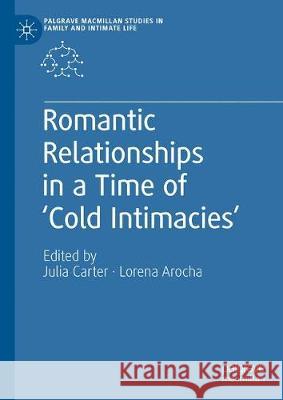Romantic Relationships in a Time of 'Cold Intimacies' » książka
topmenu
Romantic Relationships in a Time of 'Cold Intimacies'
ISBN-13: 9783030292553 / Angielski / Twarda / 2019 / 313 str.
Romantic Relationships in a Time of 'Cold Intimacies'
ISBN-13: 9783030292553 / Angielski / Twarda / 2019 / 313 str.
cena 401,58
(netto: 382,46 VAT: 5%)
Najniższa cena z 30 dni: 385,52
(netto: 382,46 VAT: 5%)
Najniższa cena z 30 dni: 385,52
Termin realizacji zamówienia:
ok. 22 dni roboczych.
ok. 22 dni roboczych.
Darmowa dostawa!
Kategorie:
Kategorie BISAC:
Wydawca:
Palgrave MacMillan
Seria wydawnicza:
Język:
Angielski
ISBN-13:
9783030292553
Rok wydania:
2019
Wydanie:
2020
Numer serii:
000369727
Ilość stron:
313
Waga:
0.54 kg
Wymiary:
21.01 x 14.81 x 1.91
Oprawa:
Twarda
Wolumenów:
01
Dodatkowe informacje:
Wydanie ilustrowane











